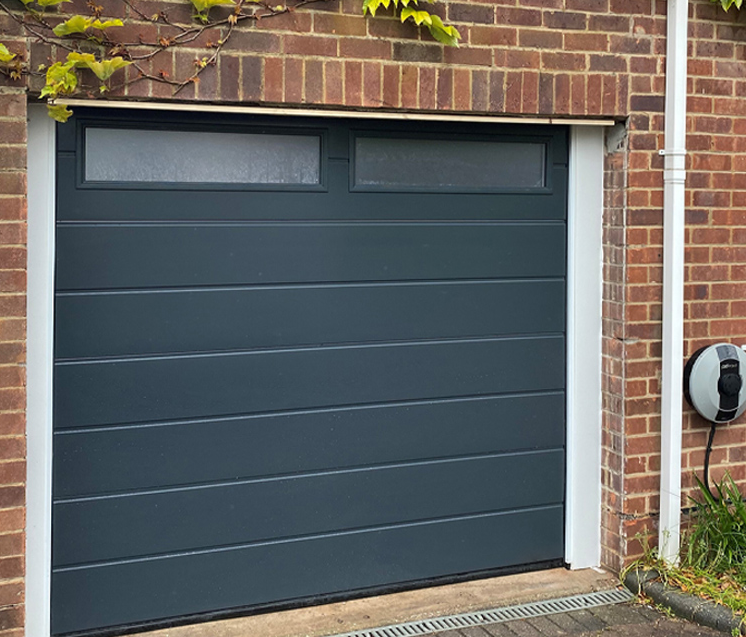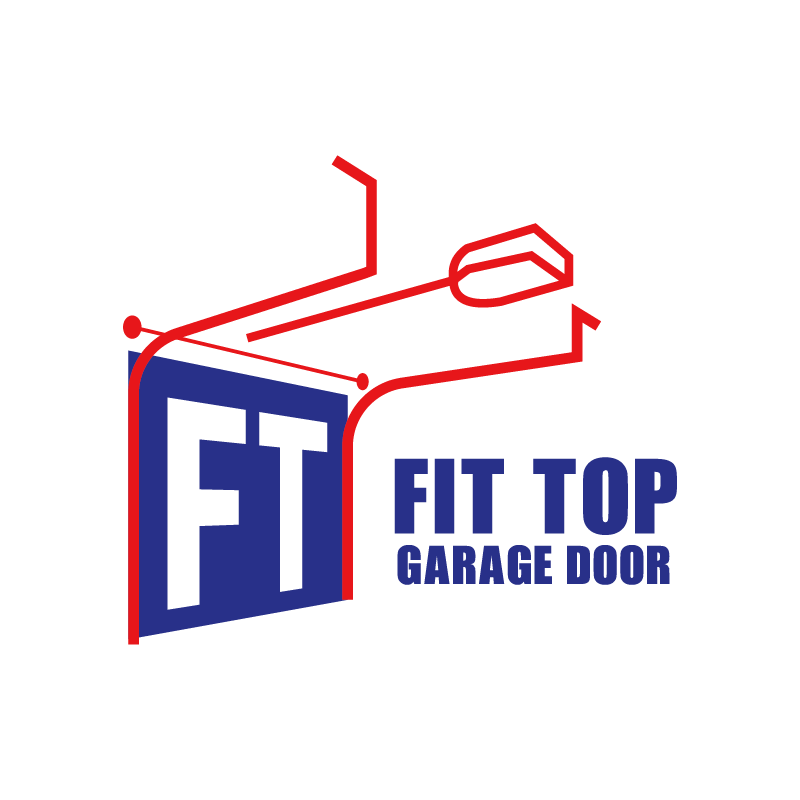Performance-Driven Garage Door Characteristics
A high-performance Garage Doors model brings together strength, insulation, security and durability in a single engineered product. What components and design choices define a Garage Doors unit that outperforms standard options, and why should homeowners and facility managers prioritize these features? The best Garage Doors combine robust materials, precision engineering and thoughtful accessories to deliver reliable operation, low maintenance and improved building performance. From reinforced panels and premium hardware to advanced sealing systems and smart controls, high-performance Garage Doors are designed to protect property, reduce operating costs and improve comfort.
Structural Strength And Materials
Panel Construction And Core Materials
High-performance Garage Doors rely on strong panel construction that resists denting, warping and corrosion. Materials such as galvanized steel, aluminum with protective coatings, and composite skins are common choices. Foam or honeycomb cores add rigidity without excessive weight and improve the door's resistance to impact and bending. How does panel construction influence longevity and maintenance of Garage Doors? Better core materials and protective finishes minimize corrosion and reduce the frequency of repairs, extending service life.
Reinforcement And Hardware Quality
The hardware system, including hinges, rollers and track, must match the door's structural capacity. Heavy-duty torsion springs, industrial-grade rollers and reinforced brackets reduce operational stress and prevent premature failure. Garage Doors with premium hardware offer smoother cycles, reduced vibration and fewer service calls, especially in high-use installations.
Thermal Performance And Insulation
Insulation Ratings And Thermal Barriers
Thermal performance is a pivotal feature of high-performance Garage Doors. Insulation cores such as polyurethane or high-density polystyrene provide measurable R-values that limit heat transfer. Doors with thermal breaks and continuous insulation reduce thermal bridging and improve the overall energy performance of attached buildings. Why does thermal performance matter for Garage Doors beyond simple comfort? Improved insulation reduces HVAC load, stabilizes adjacent room temperatures and reduces energy consumption over time.
Air Sealing And Weatherproofing
A well-sealed perimeter and effective bottom seal are essential to maintain the thermal benefits of Garage Doors. High-performance seals and double-focused weatherstripping minimize infiltration of cold air, moisture and dust. Garage Doors that include robust sealing systems protect interiors from drafts and environmental contaminants, preserving indoor air quality and reducing strain on heating and cooling systems.
Security And Safety Features
Access Control And Locking Mechanisms
Security is a core consideration for Garage Doors since garages often provide access to living spaces and valuable equipment. Advanced mechanical locks, reinforced latching systems and integrated deadbolts enhance protection against forced entry. Garage Doors that support smart access controls and monitored opening systems add a modern layer of security without sacrificing convenience.
Safety Sensors And Emergency Release
Effective safety features prevent accidents and protect property. Photoelectric sensors, auto-reverse mechanisms and manual emergency releases are standard requirements for responsible Garage Doors. Quality doors include redundant safety systems and clear documentation on safe operation to reduce liability and make regular maintenance straightforward.

Durability And Corrosion Resistance
Protective Coatings And Finishes
Finishes matter, especially in coastal or industrial environments where salt and pollutants accelerate corrosion. Powder coatings, galvanized substrates and anodized aluminum skins extend the service life of Garage Doors by resisting rust and surface degradation. Choosing doors with appropriate finishes for the environment preserves aesthetics and structural integrity.
Impact Resistance And Weather Endurance
High-performance Garage Doors are tested for impact resistance and wind loads. Reinforced sections, interlocking stiles and stiffening ribs reinforce the assembly against hurricane-force gusts or accidental strikes. How do robust Garage Doors reduce maintenance downtime? Durable doors sustain fewer service interruptions and costly emergency repairs following weather events or accidental damage.
Operational Efficiency And Convenience
Smooth Operation And Noise Reduction
Smooth, quiet operation is a hallmark of premium Garage Doors. Precision hardware, balanced springs and vibration-dampening rollers minimize noise and make daily use more pleasant. For properties where the garage is adjacent to living or working spaces, quieter Garage Doors improve comfort and reduce disturbance.
Automation And Smart Integration
Modern Garage Doors support automation features such as remote operation, smartphone monitoring and integration with home automation systems. Connectivity enhances convenience and can provide status alerts, usage logs and remote diagnostics. How does smart integration change expectations for Garage Doors? Owners gain real-time control and improved oversight, which supports preventive maintenance and security.
Maintenance, Serviceability, And Lifespan
Ease Of Maintenance And Component Access
Designs that allow easy access to springs, torsion systems and drive components shorten service times and reduce labor costs. Modular panels and replaceable seals mean targeted repairs rather than wholesale replacement of the entire Garage Doors unit. This approach reduces downtime and extends useful life while keeping long-term ownership costs manageable.
Warranty Coverage And Support
Comprehensive warranties on panels, hardware and finishes reflect manufacturer confidence and ease the owner's risk. Good warranty terms, coupled with accessible service networks, mean that Garage Doors owners can obtain timely repairs and replacement parts, protecting investment and ensuring performance over many years.
Acoustic Performance And Environmental Comfort
Sound Dampening Features
For homes near busy roads or in mixed-use properties, acoustic performance is critical. Insulated Garage Doors with dense cores and sealed joints reduce external noise penetration. How do acoustic Garage Doors affect occupant wellbeing? Reduced noise leads to better sleep, fewer distractions and an overall more comfortable indoor environment.
Environmental Separation And Contaminant Control
A sealed, insulated Garage Doors assembly acts as a barrier to dust, fumes and vehicular emissions. Proper sealing and durable finishes prevent contaminants from migrating into living spaces, safeguarding indoor air quality and reducing cleaning and filter replacement demands.
Aesthetic Options And Customization
Finish Choices And Architectural Integration
High-performance Garage Doors offer a range of finishes and panel profiles to match architectural styles. From contemporary flush panels to classic carriage-house looks, customization allows doors to complement facades while maintaining performance. How important is aesthetics when selecting Garage Doors? Visual integration enhances curb appeal and can support broader property value objectives.
Window Options And Decorative Hardware
Windows, glazing options and decorative hardware allow personalization without compromising structural performance. High-quality glazing, thermal breaks and sealed frames maintain insulation while introducing natural light into the garage. Thoughtful additions keep Garage Doors both functional and visually appealing.
Energy Efficiency And Sustainability
Materials With Recycled Content And Low Embodied Energy
Sustainable Garage Doors use materials with recycled content and low embodied energy to reduce lifecycle environmental impact. Selecting doors with eco-friendly cores and finishes supports green building goals and can contribute to certifications like LEED or local sustainability programs.
Operational Energy Savings And Lifecycle Impact
By improving thermal performance and reducing HVAC loads, high-performance Garage Doors deliver operational energy savings. Over the door's lifespan, these reductions contribute to lower carbon emissions and a smaller environmental footprint for the building as a whole.
Selection And Specification Guidance
Matching Door Type To Application
Choosing the right Garage Doors begins with defining the primary use case: residential, commercial, sealed storage, or industrial. Each application has different priorities for security, insulation, cycle life and finish durability. Specifying Garage Doors that align with site conditions and usage patterns prevents mismatches that lead to early failures.
Testing, Standards, And Certification
Look for doors tested to recognized standards for thermal performance, wind load and security. Certifications and third-party testing provide assurance that Garage Doors meet claimed performance metrics and can withstand real-world conditions.
Cost Considerations And Return On Investment
Upfront Costs Versus Long-Term Savings
While high-performance Garage Doors may cost more initially, the long-term savings in energy, maintenance and replacement can justify the investment. Calculating payback periods that include reduced HVAC runtime and lower service frequency shows the financial logic for selecting premium doors.
Financing, Incentives, And Resale Value
Some regions offer incentives for energy-efficient envelope upgrades that include Garage Doors. Additionally, premium Garage Doors can increase resale appeal and perceived property value, offsetting part of the initial purchase cost in competitive markets.
FAQ
Typical Performance Metrics For Garage Doors
Key metrics include R-value for thermal resistance, U-factor for heat transfer, STC ratings for acoustic performance and wind load ratings for durability. Reviewing these metrics helps buyers compare Garage Doors objectively.
Essential Maintenance Steps For Prolonged Life
Regular inspection of springs, rollers, seals and tracks, prompt replacement of worn weatherstripping and periodic lubrication of moving parts keep Garage Doors operating smoothly and safely.
Retrofit Options To Enhance Existing Doors
Retrofitting options include adding insulation kits, improving perimeter seals, replacing rollers and upgrading to weather-resistant thresholds to improve the performance of aging Garage Doors.
Prioritizing Features For Different Use Cases
Prioritize thermal performance for attached garages and workshop spaces, focus on security and cycle life for commercial Garage Doors, and emphasize corrosion resistance for coastal or industrial settings.
Table of Contents
- Performance-Driven Garage Door Characteristics
- Structural Strength And Materials
- Thermal Performance And Insulation
- Security And Safety Features
- Durability And Corrosion Resistance
- Operational Efficiency And Convenience
- Maintenance, Serviceability, And Lifespan
- Acoustic Performance And Environmental Comfort
- Aesthetic Options And Customization
- Energy Efficiency And Sustainability
- Selection And Specification Guidance
- Cost Considerations And Return On Investment
- FAQ

